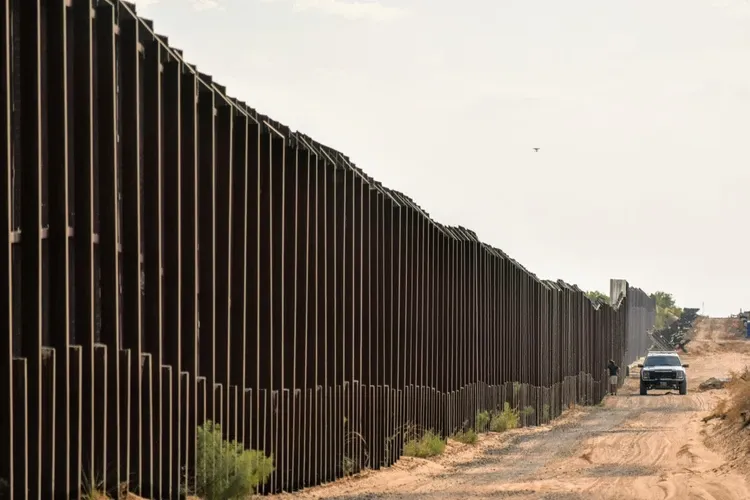The Biden administration plans to waive twenty-six federal laws to allow the construction of several sections of border wall in southern Texas as illegal immigration continues to break monthly records.
Homeland Security Secretary Alejandro Mayorkas announced in a submission to the federal register that “it is necessary to waive certain laws, regulations, and other legal requirements in order to ensure the expeditious construction of barriers and roads in the vicinity of the international land border in Starr County, Texas,” adding that the section of the state was considered an area of “high illegal entry.”
“There is presently an acute and immediate need to construct physical barriers and roads in the vicinity of the border of the United States in order to prevent unlawful entries into the United States in the project areas,” Mayorkas remarked.
The waivers allow the Department of Homeland Security to ignore a number of environmental laws such as the Clean Air Act, Safe Drinking Water Act, National Fish and Wildlife Act, and Endangered Species Act as they build sections of the wall.
Environmental activists responded to the announcement by claiming border wall construction would cause massive damage to ecosystems in the area. “It will stop wildlife migrations dead in their tracks. It will destroy a huge amount of wildlife refuge land,” Laiken Jordahl, an advocate with the Center for Biological Diversity, said in a statement to the media. “And it’s a horrific step backwards for the borderlands.”
While President Donald Trump had built around 450 miles worth of wall along the southern border, President Joe Biden immediately halted construction of new sections at the beginning of his term. Biden released a statement shortly after taking office claiming that “building a massive wall that spans the entire southern border is not a serious policy solution.”
Following the announcement from Mayorkas, United States Customs and Border Patrol released a statement attempting to assuage the fears of environmental activists, contending that the agency “remains committed to protecting the nation’s cultural and natural resources and will implement sound environmental practices as part of the project covered by this waiver.”



